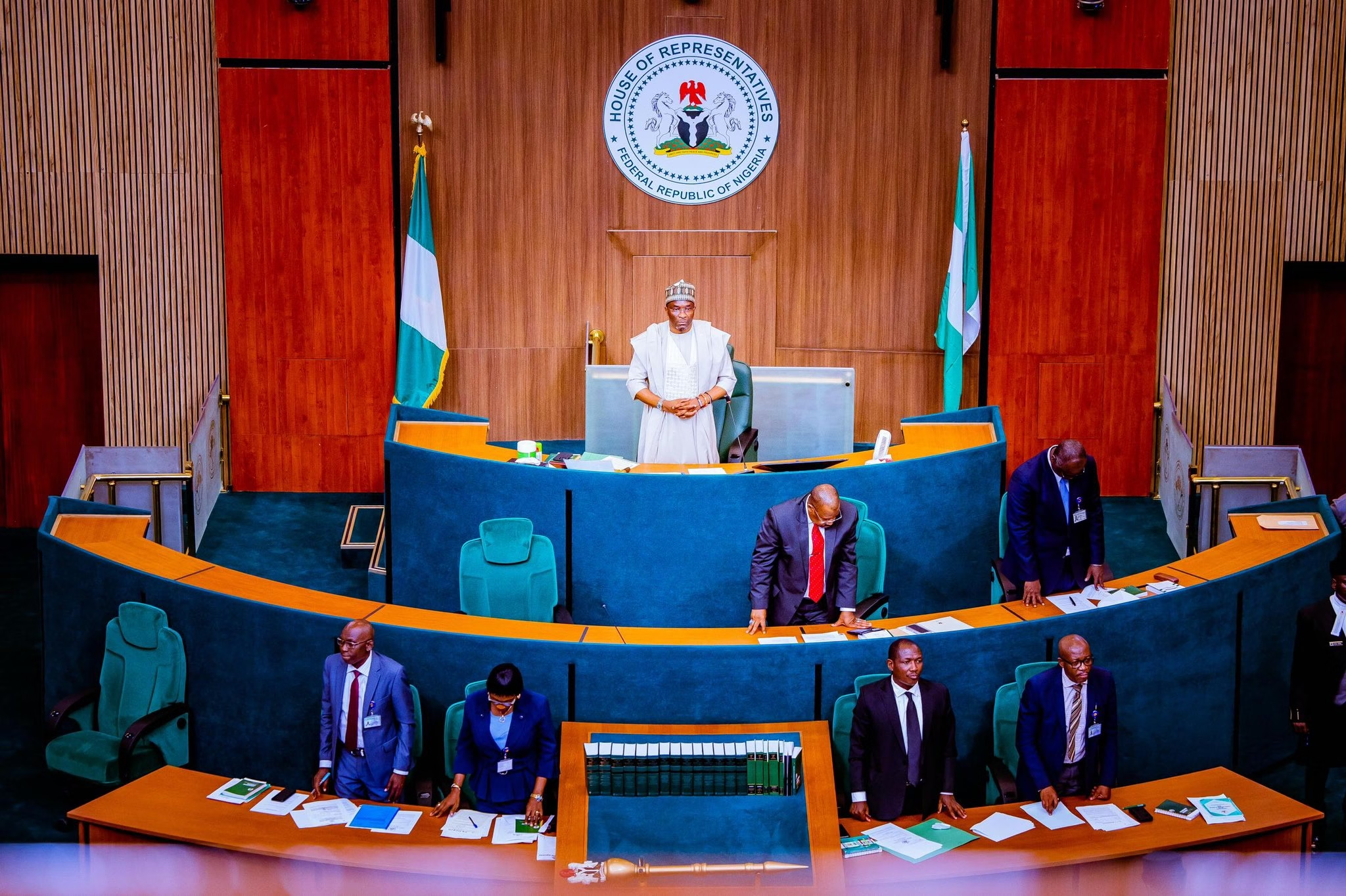The Joint Admissions and Matriculation Board (JAMB) has announced its intention to appeal a recent court ruling that declared its policy of setting a minimum age of 16 for university admissions unconstitutional. JAMB’s Head of Public Affairs and Protocol, Fabian Benjamin, stated that the board has filed for a stay of execution on the judgment, meaning the 16-year minimum age requirement remains in effect pending further legal proceedings.
This development follows a decision by the Delta State High Court in Warri, which restrained JAMB from enforcing its age restriction policy. The lawsuit was initiated by John Aikpokpo-Martins, a former chairman of the Nigerian Bar Association (NBA), Warri branch. He argued that JAMB’s age restriction violated sections 18(1) and 42 of the 1999 Constitution, which mandate equal educational opportunities and prohibit discrimination. Justice Anthony O. Akpovi, presiding over the case, ruled in favor of Aikpokpo-Martins, declaring the policy unconstitutional and discriminatory.
In response to the ruling, JAMB issued a directive on October 16, 2024, mandating that only candidates who would be 16 years old by August 31, 2025, were eligible for admission into tertiary institutions. This directive was a follow-up to a policy introduced by the Ministry of Education, which initially set the minimum admission age at 18. However, following the removal of the then Minister of Education, Tahir Mamman, his successor, Tunji Alausa, revised the policy, lowering the minimum age to 16.
The court’s judgment has significant implications for university admissions in Nigeria. It effectively removes age as a barrier, allowing all qualified candidates, regardless of age, to seek admission into tertiary institutions. JAMB, however, maintains that until the appeal process is concluded, the existing age policy remains in force.
This legal battle shows there’s an ongoing debate over age restrictions in Nigeria’s educational system and raises further questions about the balance between maintaining academic standards and ensuring equal access to education for all citizens.
Don’t want to miss the best from GuidesCafe?
- Set us as a favorite source in Google Discover to see our latest updates first.
- You can also add us as a preferred source in Google Search by clicking the button below.







